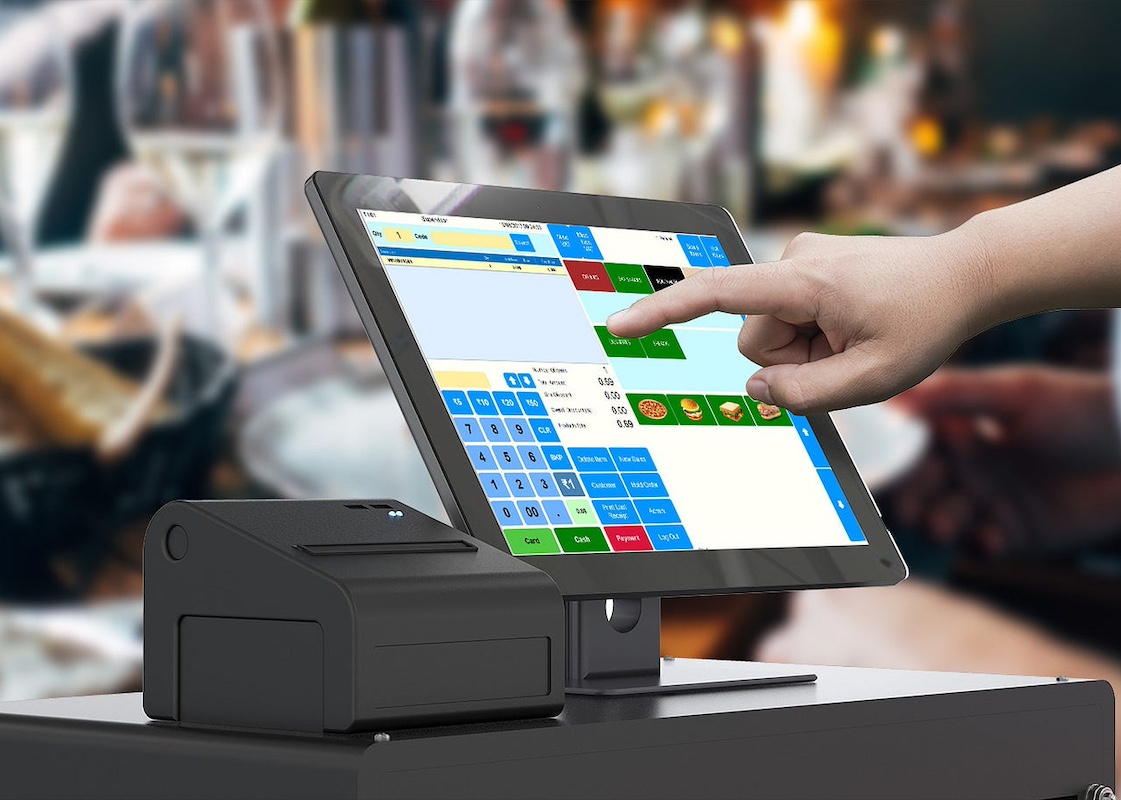Streamlining Service: The Impact of POS Technology in Quick Service Restaurants (QSR)

Quick Service Restaurants (QSRs) operate in a fast-paced environment where efficiency and speed are essential to customer satisfaction. In recent years, Point-of-Sale (POS) technology has played a transformative role in streamlining operations and improving the overall dining experience for both customers and restaurant staff. Let’s explore how POS technology is reshaping the QSR industry.
- Order Accuracy and Speed: One of the most significant benefits of POS technology in QSRs is its ability to process orders quickly and accurately. Modern POS systems allow staff to input orders directly into the system, reducing the risk of errors associated with manual order-taking. With integrated kitchen display systems, orders are transmitted instantly to the kitchen, enabling chefs to prepare meals promptly and ensure timely service to customers.
- Customization and Special Requests: POS systems in QSRs offer robust customization options that cater to the diverse preferences of customers. Whether it’s modifying menu items, accommodating dietary restrictions, or honoring special requests, POS technology allows staff to easily input and communicate customer preferences to kitchen staff, ensuring that each order is prepared to the customer’s exact specifications.
- Efficient Payment Processing: POS technology streamlines the payment process in QSRs, allowing customers to pay for their orders quickly and conveniently. With integrated payment terminals and support for various payment methods, including credit/debit cards, mobile wallets, and contactless payments, POS systems reduce wait times at the checkout counter and enhance the overall dining experience for customers.
- Inventory Management and Control: Effective inventory management is crucial for QSRs to minimize waste, optimize stock levels, and control costs. POS systems track inventory levels in real-time, alerting restaurant managers when stock is running low and providing insights into popular menu items and sales trends. By leveraging this data, QSRs can make informed decisions about menu offerings, pricing strategies, and inventory replenishment.
- Enhanced Customer Engagement: POS technology enables QSRs to gather valuable customer data and insights that can be used to enhance customer engagement and loyalty. By implementing loyalty programs, capturing customer feedback, and analyzing purchasing patterns, QSRs can personalize marketing efforts, reward loyal customers, and cultivate long-term relationships with their patrons.
- Operational Efficiency and Reporting: POS systems generate detailed reports and analytics that help QSRs monitor performance, track sales trends, and identify opportunities for improvement. From sales reports and labor cost analysis to inventory usage and profitability metrics, POS technology provides restaurant managers with actionable insights that drive operational efficiency and informed decision-making.
In conclusion, POS technology is revolutionizing the QSR industry by streamlining service, enhancing order accuracy, and improving customer satisfaction. From efficient order processing and payment handling to inventory management and customer engagement, POS systems empower QSRs to deliver a seamless dining experience that keeps customers coming back for more. As technology continues to evolve, QSRs that embrace POS solutions stand to gain a competitive edge in an increasingly competitive market.
